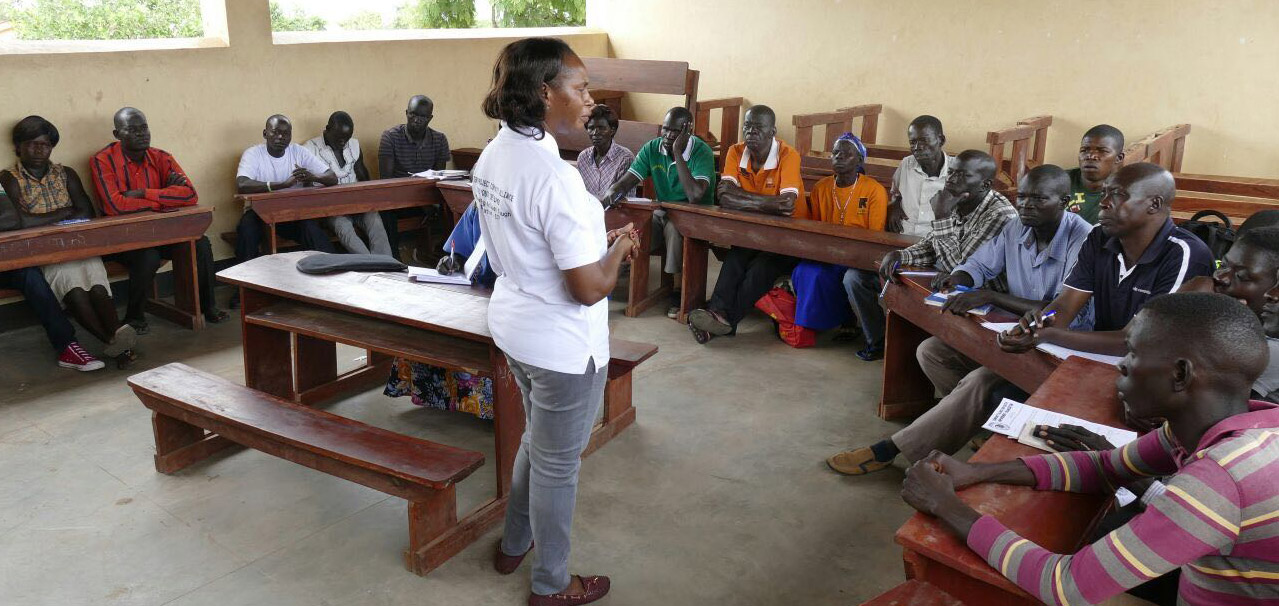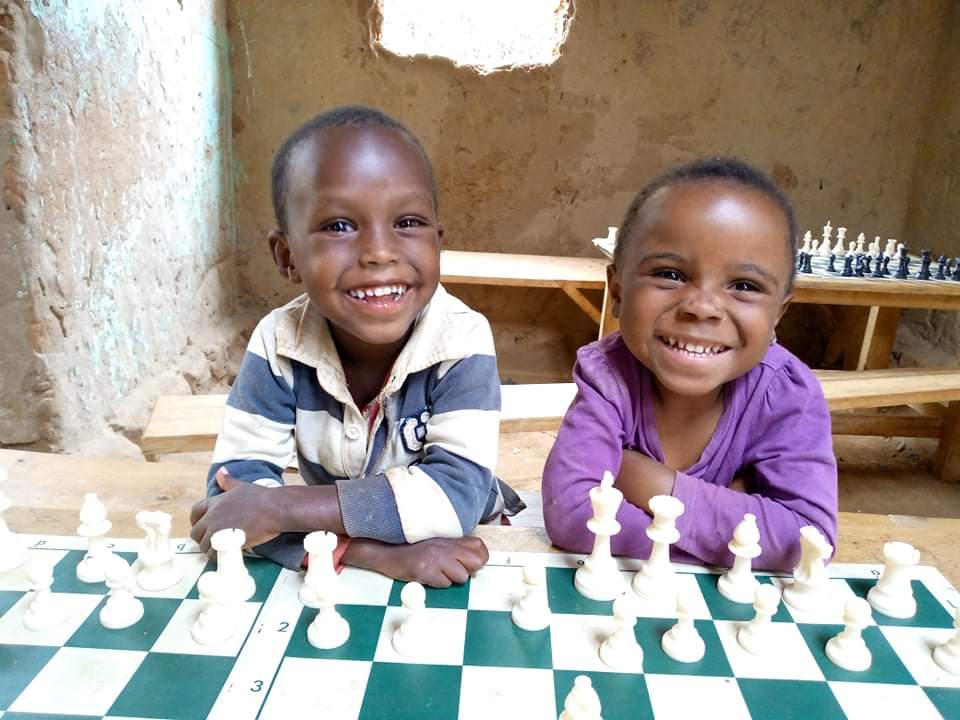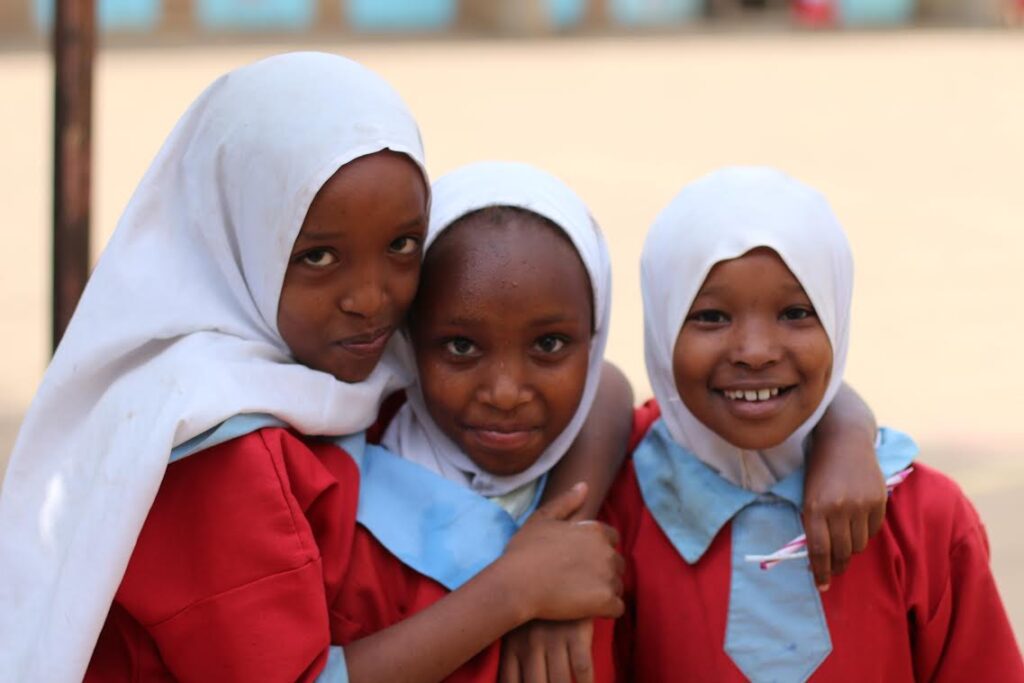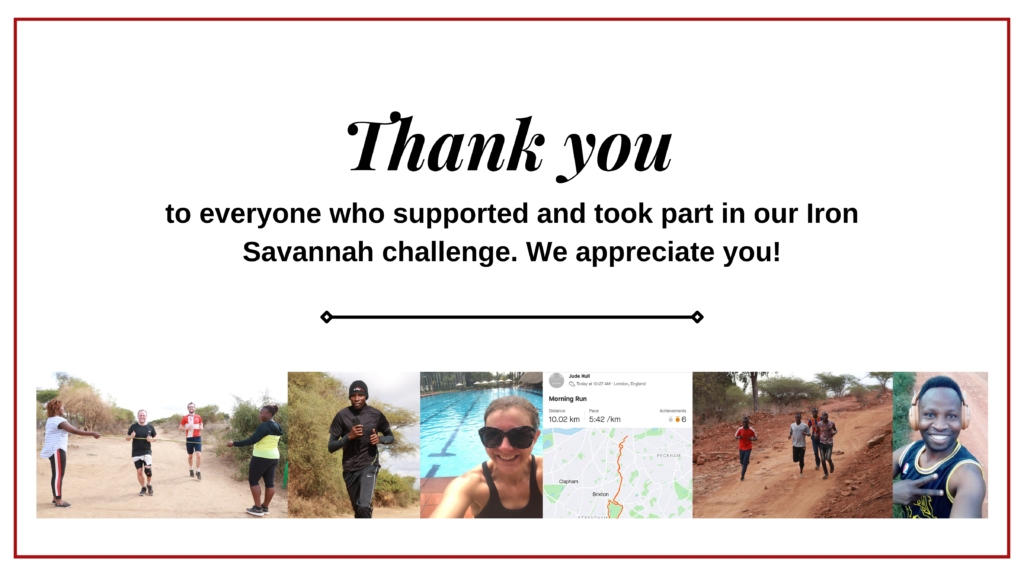At Xavier Project we want to see organisations founded and led by the people affected by humanitarian crises having control of the resources and decisions that will affect their future.
At the 2016 World Humanitarian Summit commitments were made towards localising humanitarian assistance. Eventually 25% of humanitarian funding is to be channelled via “Local or National Humanitarian Actors”. Actors with a more relevant connection to a humanitarian crisis, such as mass displacement, or a natural disaster, will play a more significant role in terms of decision-making and control of resources. This is still a worthy target despite the fact that it is no closer to being reached in 2019 than it was in 2016, with only 0.2% of humanitarian funding going directly to local or national responders in the last year.
12.4% of this funding reaches local and national responders but via intermediary international organisations, so I think it is important to look at who local and national humanitarian actors (LNHA) are considered to be. Included as claimants to this tag are national and local governments, parastatals, national NGOs, national faith based congregations, national civil society groups, the national private sector including associations and co-operatives and community based organisations among others. More controversially, NGOs that are part of an international “federation”, clearly run by a centralised leadership, have claimed a “national” classification for their in-country representatives. Rarely, is the concept of “local” separated from “national”, and rarely is the concept of “local” really scrutinised. Organisations founded and led by affected populations, such as refugees, are often side-lined from the conversation, or left-out entirely from the LNHA designation.
This is particularly significant in a refugee hosting context. A report on Dignity and Humanitarian Action in Displacement by ODI found that whether humanitarian responders were international, or national was not of concern to new arrivals as long as they get the protection they need. In fact, respondents in the report stated that they could not tell the difference. Statements like “all NGOs are the same” were recorded during the research.
But in research such as this, “local” usually refers to national NGOs rather than responders who were themselves from affected populations, such as refugees or hosting communities transformed by a sudden influx of displaced people. The refugee led community based organisations that we work with at Xavier Project, however, should be included in this category as local responders. Our experience, documented over five years, has been that a response led by affected populations, albeit not in all sectors at all stages of a crisis, can lead to a more effective sustainable and dignified response; dignified both for the responders as well as those engaging in the services they offer. Through our community partnerships we have seen the full potential of “local” ownership be realised.
Our valuable partner SIR (Solidarity Initiative for Refugees) founded by enterprising young refugees in Kakuma Refugee Camp is a good example of this. SIR has just opened a new training hub where they teach refugees, and host community members in northern Kenya relevant skills for income generation, largely centring on technology. Indeed, the have just started printing useful day-to-day items on their 3D printer, which acts as an opportunity for training while being productive at the same time. Stories about groups such as SIR still seem to be told by the humanitarian press as if they are exceptional, but innovative leaders in all pockets of refugee hosting areas of Kenya and Uganda (and surely beyond) are looking for ways to have a positive impact on their immediate community.
There is no doubt that increasingly handing over the humanitarian response to genuinely “local” actors has associated risks. For example, when friends and family are potential beneficiaries or participants in a provided service, it is harder to remain unbiased. Other risks to do with security and accountability have been documented. Also, a lot of work will need to be carried out by the International NGOs to build the capacity of genuinely “local” responders to be able to bring the potential of the Grand Bargain to reality and I would advocate that we should all allocate more resources to doing this. By leaving out organisations led by members of affected populations, the localisation agenda is at risk of neglecting the best opportunity for a vital shift in the power dynamics of delivering humanitarian aid. It’s time the table were turned.




